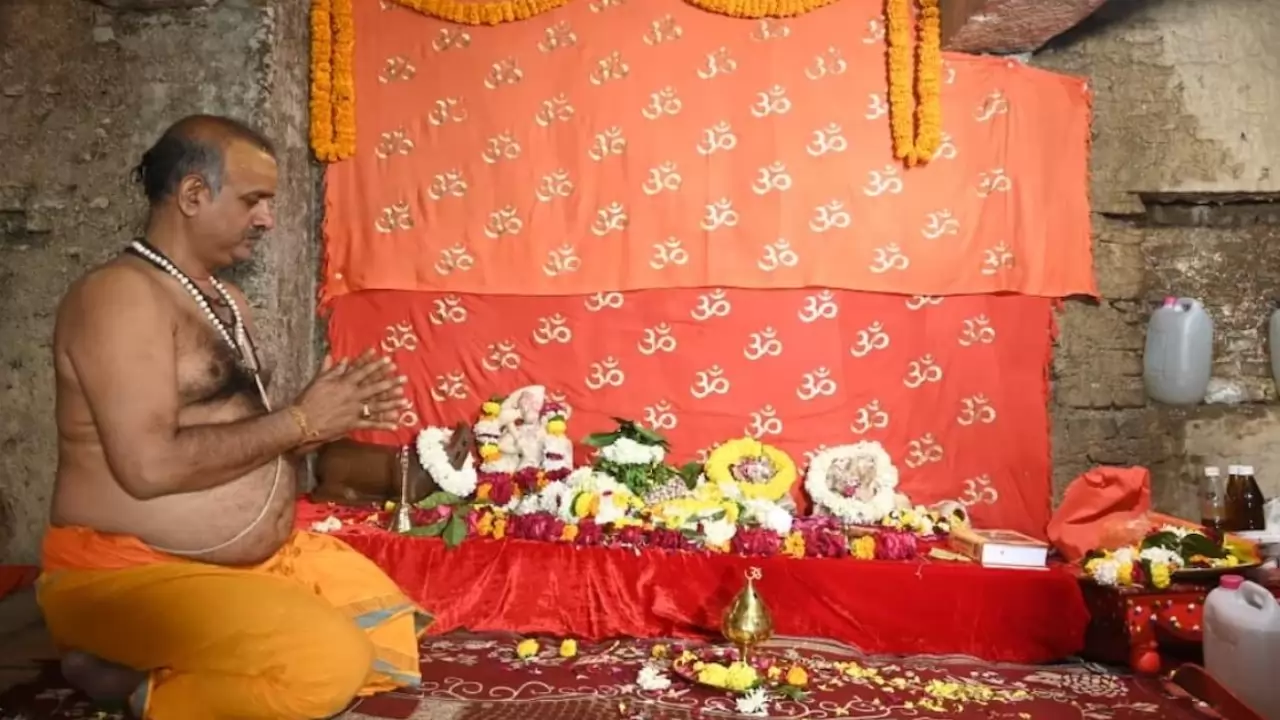
ANI
In a recent development, the Allahabad High Court has declined to provide relief to the Anjuman Intezamia Masjid Committee, which contested a Varanasi court order allowing Hindu devotees to perform puja in the southern cellar of the Gyanvapi mosque complex. This decision adds another layer of complexity to the ongoing legal battle surrounding the Gyanvapi mosque in Varanasi.
Justice Rohit Ranjan Aggarwal, presiding over a single bench, refused relief to the mosque committee and instructed the Advocate General to ensure law and order within and outside the Gyanvapi mosque premises. The next hearing is scheduled for February 6, further prolonging the legal scrutiny of the issue.
Initially approaching the Supreme Court, the mosque committee sought to challenge a district judge's order permitting puja in the southern cellar of the Gyanvapi mosque. However, the Supreme Court redirected the committee to the Allahabad High Court, where the legal battle is now unfolding.
During the proceedings, senior advocates representing the mosque committee argued that the Hindu side sought access to one of the four cellars, specifically the Vyas Ka Tekhana (cellar) located in the basement, for worship. The Muslim side contended that the Hindu side's application was allowed on January 17 when a District Magistrate was appointed as a "receiver" of that portion of the mosque.
On the other hand, Advocate Vishnu Shankar Jain, representing the Hindu side, opposed the mosque committee's petition, emphasizing that it did not challenge the January 17 order and specifically the January 31 order permitting puja within the sealed basement of the Gyanvapi mosque.
The High Court, in its ruling, refused to grant relief to the mosque committee, highlighting that it did not contest the January 17 order and did not halt the district court's decision to allow puja within the Gyanvapi mosque premises. This decision deepens the legal complexities surrounding the contested religious site.
The court's decision comes amidst ongoing debates and recent moves by four women petitioners who approached the Supreme Court, seeking excavation and a survey of the sealed section of the mosque. This plea follows the Archaeological Survey of India's (ASI) report, as per the Hindu side, indicating the existence of a large Hindu temple before the construction of the Gyanvapi mosque.





Copyright © 2026 Top Indian News
